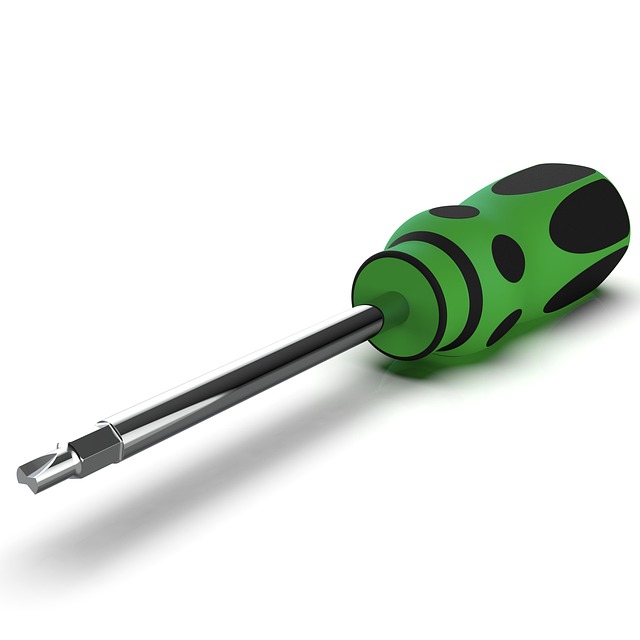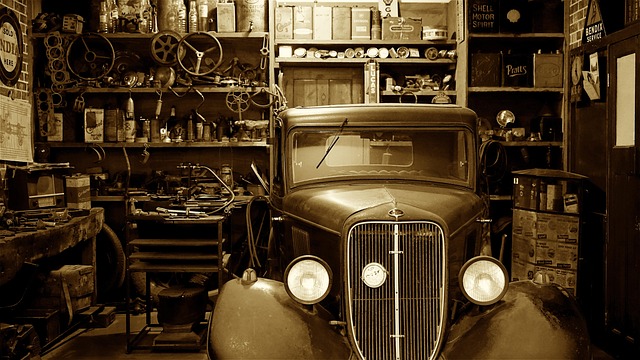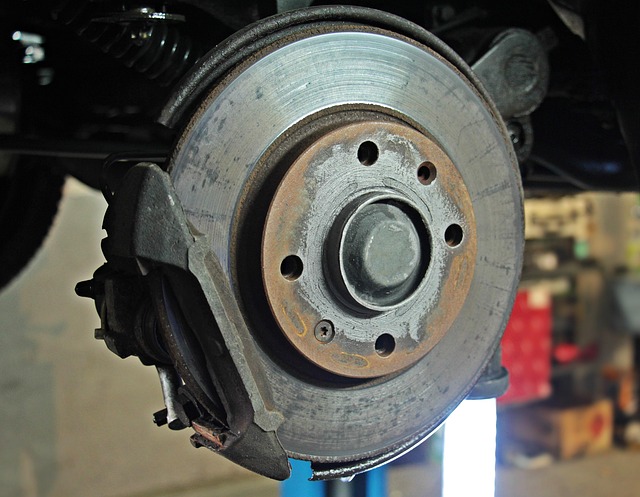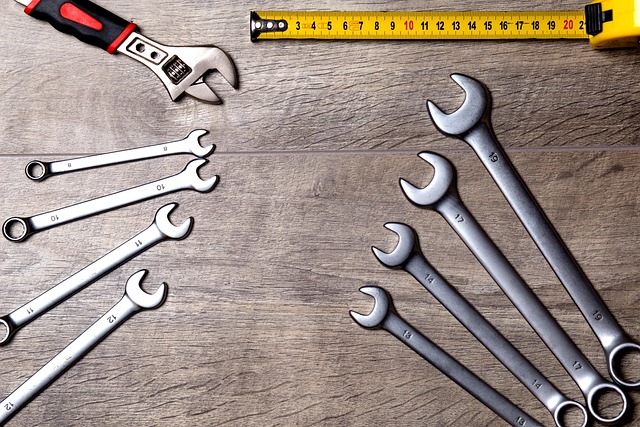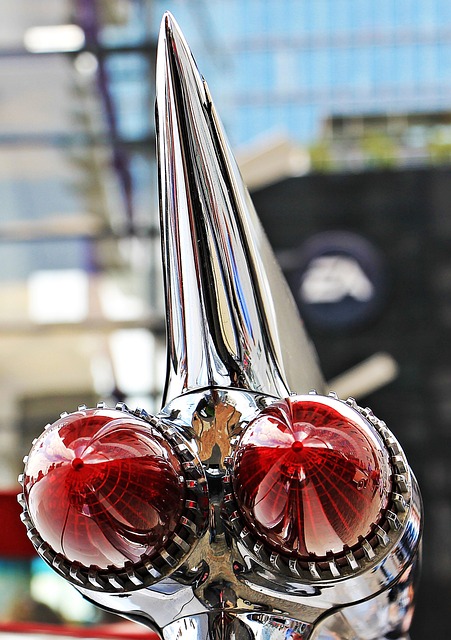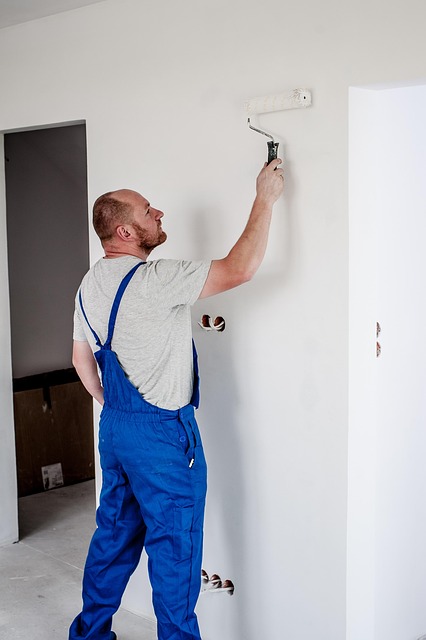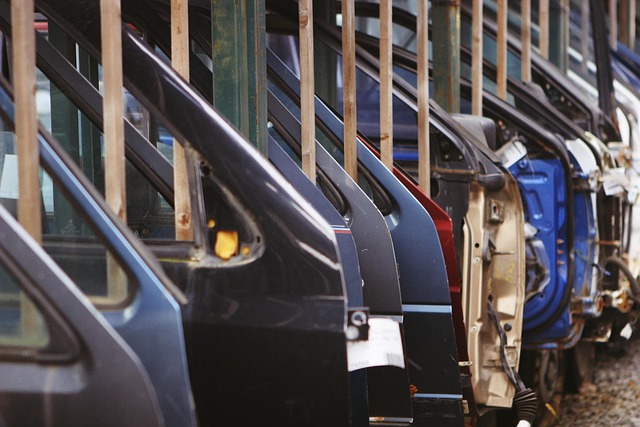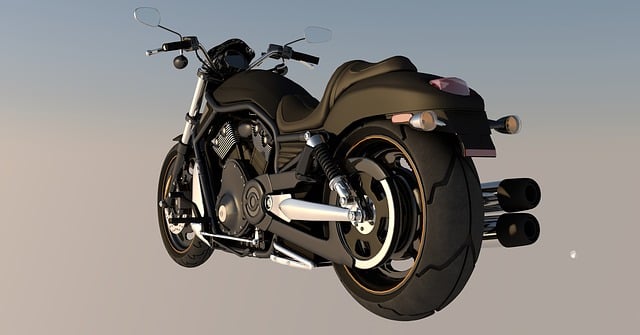The automotive industry has undergone a major transformation with the adoption of digital measuring systems, which have replaced traditional analog methods like tape measures and calipers. These modern systems, including laser scanners and 3D measurement software, offer unparalleled speed, accuracy, and efficiency in collision repair processes. By providing real-time damage assessments and transparent data sharing with clients, they enhance trust and satisfaction. The shift to digital measuring systems has set new industry standards, improving the quality of auto body work and revolutionizing how repair shops operate.
Digital measuring systems have revolutionized industries, transforming traditional practices and paving the way for unprecedented precision and efficiency. From analog tools with inherent limitations, we’ve transitioned into an era defined by advanced digital technology. This article delves into the evolution of measurement, exploring its historical roots and the groundbreaking impact of digital systems in manufacturing, healthcare, and construction. We also gaze into the future, examining emerging trends like AI, IoT, and cloud-based solutions set to shape Industry 4.0 and beyond.
- The Evolution of Measurement: From Analog to Digital
- – A historical perspective on traditional measuring tools and their limitations.
- – The dawn of digital technology and its initial impact on industries.
The Evolution of Measurement: From Analog to Digital

The evolution of measurement technology has been a game-changer for numerous industries, and none more so than the automotive sector. Historically, measurement in fields like car dent repair and collision repair shop relied on analog methods such as tape measures, calipers, and physical templates. These tools, though serviceable, were time-consuming, prone to human error, and lacked precision. The advent of digital measuring systems has dramatically transformed these processes.
Today, digital measuring systems offer unparalleled accuracy, speed, and efficiency in tasks like dent removal and collision repair. Computerized measurements replace manual gauging, reducing the risk of errors and saving valuable time. Moreover, digital technology allows for detailed record-keeping, facilitating better tracking of repairs and enhancing customer satisfaction. For instance, a collision repair shop can now quickly and accurately assess damage, share data with clients, and provide real-time updates on dent removal progress, fostering transparency and trust.
– A historical perspective on traditional measuring tools and their limitations.

In the pre-digital era, traditional measuring tools were the backbone of industries like automotive repairs and car body shops. Rulers, tape measures, and calipers, though precise in their way, had significant limitations. These manual instruments relied on human accuracy, which could be influenced by fatigue or subjective judgment. In a car body shop, for instance, aligning panels during auto body work demanded meticulous skill, often leading to tedious and time-consuming processes.
The introduction of digital measuring systems revolutionized these tasks. Modern technologies such as laser scanners, 3D measurement software, and high-precision sensors have transformed the way automotive professionals conduct their trade, especially in intricate car body restoration projects. By providing fast, accurate, and repeatable measurements, these tools enable more efficient auto body work, ensuring consistent quality across various digital measuring systems.
– The dawn of digital technology and its initial impact on industries.

The advent of digital technology marked a significant turning point for industries worldwide, and none was more transformed than the realm of auto body work. Initially, the impact was subtle but profound; traditional processes in automotive collision repair were gradually being replaced by efficient, precise digital measuring systems. These innovative tools promised greater accuracy and speed, which translated into improved productivity and cost savings for automotive body shops.
With the integration of digital measuring systems, the entire process of auto body work underwent a metamorphosis. From initial assessments to final refinements, digital technology enabled professionals in the industry to work with unprecedented precision and efficiency. This not only enhanced the quality of repairs but also revolutionised how auto body shops operated, setting new standards for excellence in automotive collision repair.
Digital measuring systems have undeniably revolutionized industries, marking a significant departure from analog methodologies. The evolution from traditional, often imprecise tools to sophisticated digital devices has brought about unprecedented accuracy and efficiency. This transformation, sparked by technological advancements, continues to shape modern practices across various sectors, solidifying the impact of digital measuring systems as a game-changer in our digital era.
